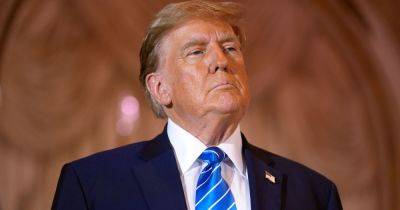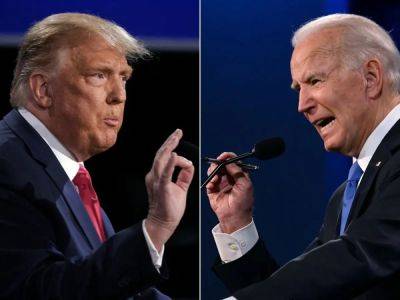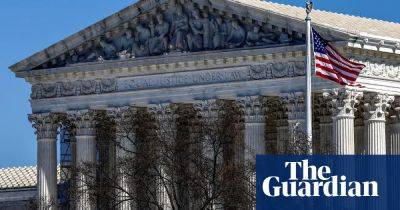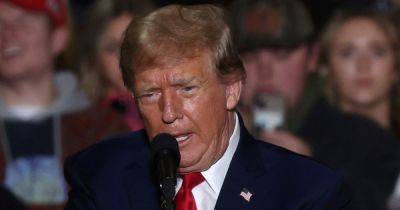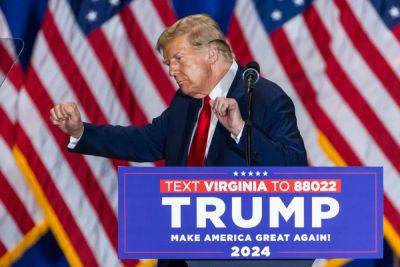Conservative Legal Icon Has Harsh Words For Supreme Court’s Trump Ballot Ruling
Conservative former federal Judge J. Michael Luttig slammed the U.S. Supreme Court’s ruling allowing Donald Trump to remain on 2024 ballots, calling elements of the decision “stunning in its overreach.”
On CNN Monday, Luttig said the ruling was “both astonishing and unprecedented, not for its decision of the exceedingly narrow question presented by the case — though that issue was important — but rather for its decision to reach and decide a myriad of the other constitutional issues surrounding disqualification under 14th Amendment.”
Luttig, a former veteran conservative jurist on the 4th U.S. Circuit Court of Appeals, was among a number of prominent legal minds to begin publicly arguing last year that Trump was ineligible to hold office again under the so-called insurrection clause of the Constitution — Section 3 of the 14th Amendment.
He filed an amicus brief with the Supreme Court in January, arguing his point.
The Supreme Court ruled unanimously Monday that states do not have the authority to bar the former president from appearing on ballots, overturning a Colorado court’s decision to do so.
The Supreme Court also ruled that only Congress has the authority to disqualify federal candidates under Section 3. The three liberal justices and conservative Justice Amy Coney Barrett disagreed with that decision.
In a concurrence, the liberal justices said they protested the “majority’s effort to use this case to define the limits of federal enforcement of that provision.”
Barrett, in her own concurrence, wrote that the case did not require the court to decide the “complicated question” of whether federal legislation is the only enforcement mechanism for Section 3.
According to Luttig, in deciding those questions



